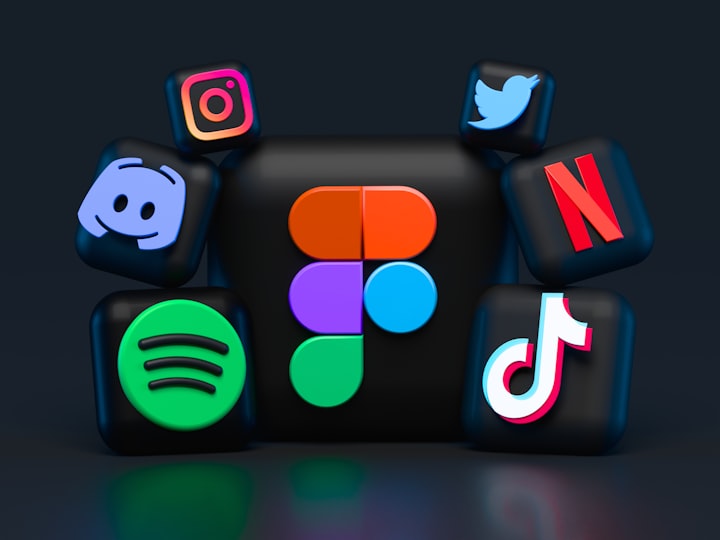
Social media has become an integral part of modern life, with millions of people around the world using platforms like Facebook, Instagram, Twitter, and TikTok to connect with friends, family, and the wider world. While social media has many benefits, such as allowing us to stay in touch with loved ones, share information, and build communities, there is growing concern about the impact of social media on mental health.
Studies have shown that social media use is linked to increased rates of depression, anxiety, and other mental health problems. One of the main reasons for this is the way in which social media can distort our perception of reality. Many people use social media to present a carefully curated version of their lives, highlighting their successes and hiding their struggles. This can create unrealistic expectations and feelings of inadequacy in others, leading to a cycle of negative self-comparison and feelings of inferiority.
Another factor that contributes to the negative impact of social media on mental health is the way in which it can amplify negative emotions. Social media platforms are designed to encourage engagement, and this often means highlighting content that is emotionally charged or provocative. This can lead to a constant barrage of negative news, comments, and opinions, which can be overwhelming and lead to feelings of stress, anxiety, and depression.
Finally, social media use can also interfere with our ability to form and maintain meaningful connections with others. While social media can help us stay in touch with friends and family who live far away, it can also lead to a sense of isolation and disconnection. This is because social media interactions are often superficial and lacking in depth, and can never fully replace the richness of face-to-face interactions.
Despite these concerns, social media is unlikely to go away anytime soon. Instead, it is up to individuals, families, and communities to learn how to use social media in a way that is healthy and sustainable. Here are some tips on how to do just that:
Be aware of the impact of social media on mental health: By being aware of the potential negative impact of social media on mental health, we can be more mindful of our social media use and take steps to mitigate any negative effects.
Limit social media use: One of the most effective ways to reduce the negative impact of social media on mental health is to limit social media use. This might mean setting aside specific times of day to check social media, or taking regular breaks from social media altogether.
Be intentional about social media use: Instead of mindlessly scrolling through social media, be intentional about your use. This might mean setting goals for your social media use, such as connecting with friends or learning new things, and avoiding content that is likely to be triggering or emotionally charged.
Build meaningful connections: While social media can never fully replace face-to-face interactions, it can still be a useful tool for building meaningful connections. By focusing on building relationships with people who share our values and interests, we can create a supportive social network that can help us navigate the challenges of life.
Seek professional help: If you are struggling with mental health problems, it is important to seek professional help. This might include therapy, counseling, or medication, depending on your needs and circumstances.
In conclusion, social media has the potential to be a powerful tool for connection and community, but it also has the potential to negatively impact mental health. By being aware of the potential negative impact of social media on mental health and taking steps to mitigate any negative effects, we can use social media in a way that is healthy and sustainable. Ultimately, the key to using social media in a way that supports mental health is to be mindful, intentional, and focused on building meaningful connections with others.
About the Creator
Jerry
Writer on tech, social issues & politics. With a unique perspective from [relevant education/professional experience]






Comments
There are no comments for this story
Be the first to respond and start the conversation.